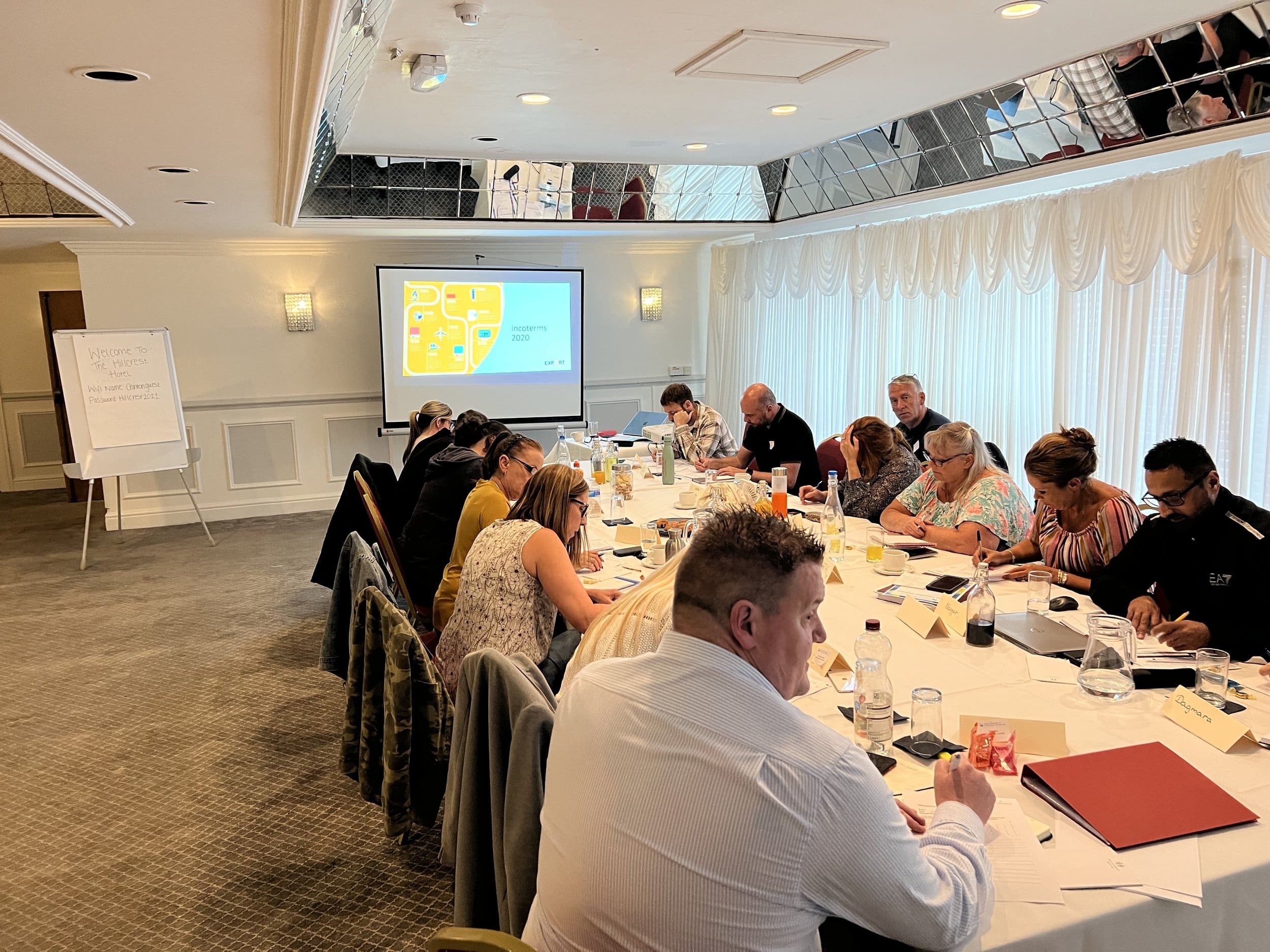
This event has passed.

£395 plus VAT
Module 1
This foundational module is designed to provide learners with a comprehensive understanding of the development and significance of international trade. It delves into the key strategies, historical developments, and policies shaping international trade, with a particular focus on the UK’s trade framework and global role.
Module Objectives:
Agenda:
Assessment:
This module equips learners with a solid foundation in international trade, preparing them to explore advanced topics in subsequent modules and apply knowledge in practical trade scenarios.

© 2025 Export Unlocked Ltd